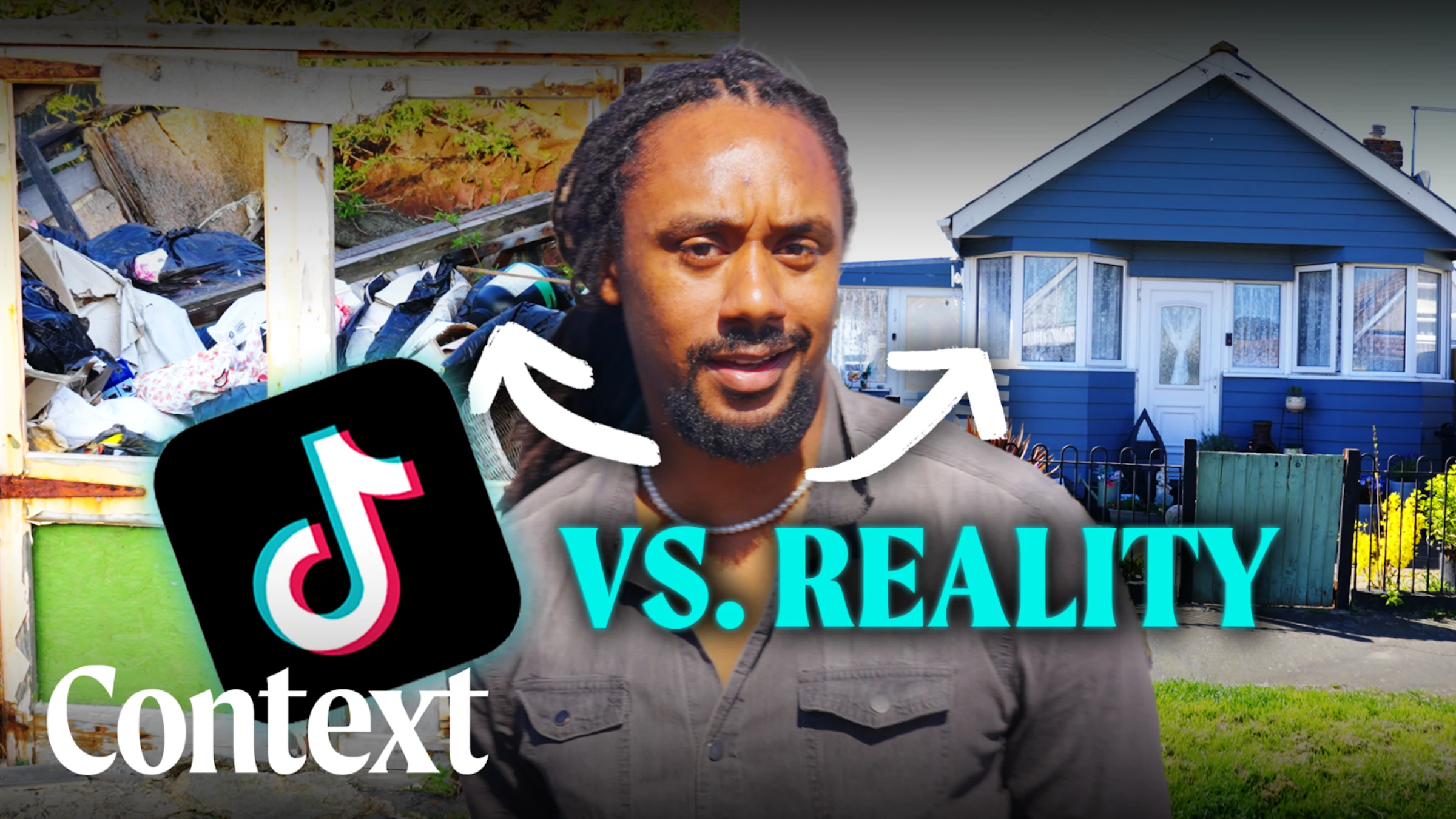No meds, no doctor: How Trump's HIV cuts hit trans Namibians

U.S. President Donald Trump's decision to slash most U.S. aid funding has plunged thousands of humanitarian programmes into uncertainty - and the millions of people who rely on the projects for food, clean water, shelter and healthcare.
In Namibia, a country of 3 million people in southern Africa, the most vulnerable people who relied on U.S.-funded HIV/AIDS services may now struggle to access vital medication and other care.
Since 2003, the United States has spent $110 billion on a global programme to fight HIV. The U.S. President's Emergency Plan for AIDS Relief, also known as PEPFAR, has provided testing, medication and other supportand saved more than 26 million lives in 55 countries, many in Africa.
The programme has worked closely with partner organisations to protect groups most affected by HIV/AIDS, including sex workers, drug users, men who have sex with men and trans people.
Experts say that if these groups are not supported, PEPFAR's progress in curtailing HIV/AIDS is at risk.
Read more: "Terrifying": US aid cut puts Namibian trans lives at risk
New HIV cases in Namibia have fallen by 54% in the last decade. PEPFAR programmes have also helped trans Namibians – who often face discrimination at state health facilities – to seek medical care without having to fear humiliation and rejection.
But some of the clinics they relied on are now being shut down.
We travelled to Windhoek, the capital of Namibia, and the Atlantic port town of Walvis Bay to find out how PEPFAR has protected one of the country's marginalised communities, and ask what will happen next.
This story is part of a series supported by Hivos’s Free to Be Me programme.
Subscribe to our YouTube channel | Watch more videos like this

























